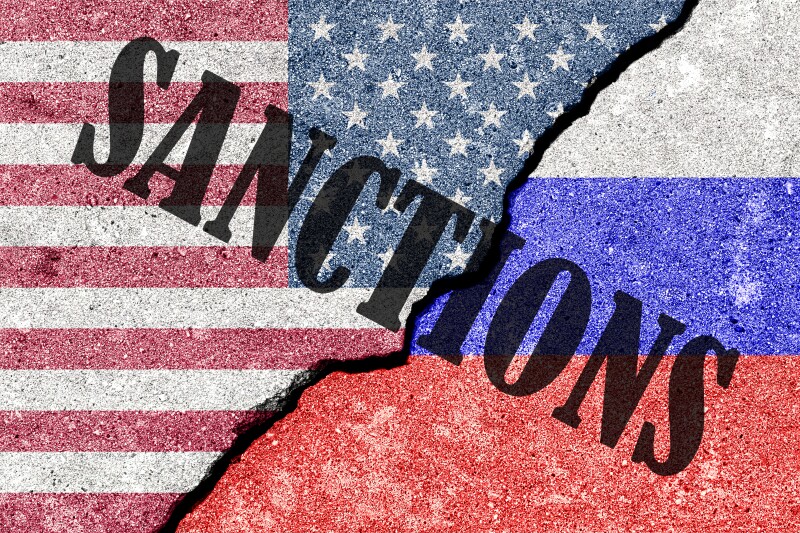
A statement from the US Office of Foreign Assets Control on Monday seemed to put the kibosh on further payments from the Russian government to its international bondholders, after weeks spent by the sovereign finding workarounds to make good on its obligations.
While forcing a rogue nation into default is a useful tool in the sanctions toolbox, it would have been much more devastating in this case had the West not first allowed Russia to showcase the lengths to which it was willing to go in order to keep investors happy over the past month.
Dollar debt payments will no longer be allowed to make their way through Russian government accounts at US financial institutions, said a US Treasury spokesman on Monday. GlobalCapital understands that JP Morgan, which would have been the correspondent bank on two Russian sovereign bond payments that same day, was denied authorisation to process them. Citi would have been the paying agent. Default is now drawing closer than ever.
But at this point, it is tough to imagine that credit investors — the section of the market borrowers typically care about — will hold the default against Russia in the future.
Forcing Russia to default is a move that should have held more power. If OFAC was going to take this step, it should have done so right away, rather than give the Russian government the opportunity to present itself as a debtor that will keep on paying against the odds.
This has enabled Russia to cultivate an image somewhat similar to that of the Lannister family of 'Game of Thrones'. According to GoT lore, however unsavoury his other actions may be, "a Lannister always pays his debts". Russia, similarly, always repays its foreign bonds, for as long as it is able, even while waging unprovoked wars in neighbouring countries.
Moral considerations aside — and these are, of course, huge — what a fund manager wants to see is its money back with interest. In its step-by-step approach to sanctions, making it at first difficult but not impossible for Russia to avoid default, the US has allowed Russia to maintain, if anything, an even stronger reputation than before for doing just that.
If Russia now cannot pay because the transactions cannot be processed, does the credit market later refuse to lend Russia money? If and when Russia does eventually return to the market — be it in five years, 10 or 50 — will it face a frosty reception as a result of previously having tried to pay but been prevented from doing so? We doubt it.
The way it has unfolded, a Russian default will appear more than ever to be a mere technicality. There will be little feeling that investors’ money was stolen — which is what a defaulters’ premium is really all about.
In any case, a default right now means very little to investors, who have already reassessed Russia. Until recently, the country was seen as a politically stable, growing economy. Its bonds are now trading in the teens.
None of this is to say that default is meaningless. Even if its impact on future bond market access has been blunted, it will mean something to Russian citizens.
Many remember 1998, the year of the Russian financial crisis. They remember the queues for bread and 84% inflation rate, the last time the country essentially declared itself bankrupt. They will not like the idea of their country heading back into that scenario. It is hoped that Putin’s popularity and support for the war will take a dive if it does.
But right now, the rouble is appreciating. The population is coping without McDonalds burgers. The financial punch, it seems, needs to be harder.
It is difficult to see how much harder it can be while gas prices remain high and Europe continues to import it from Russia. Any move short of banning Russian gas is unlikely to move the needle. And that includes this artificial default.
